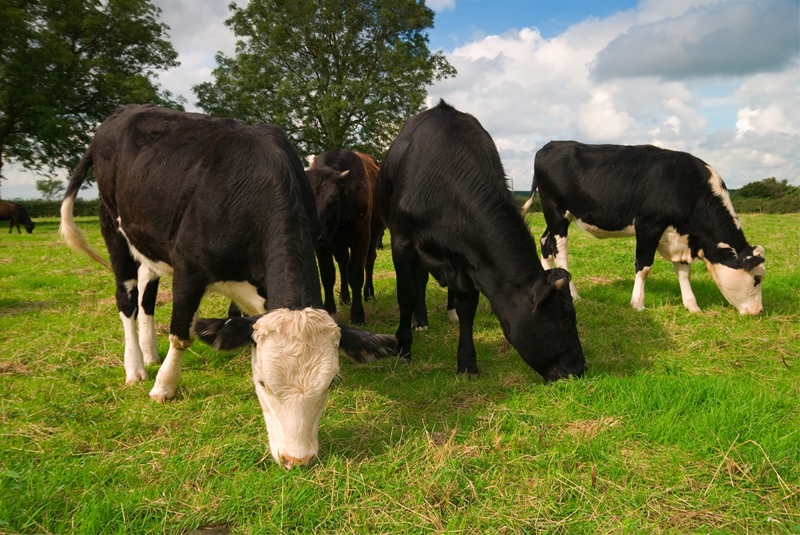The Global Methane Hub (GMH) and Danone have formed a new partnership to reduce methane emissions and drive scalable solutions in farming.
Danone will become the first corporate funder of the Enteric Fermentation R&D Accelerator, the largest ever globally coordinated research effort on enteric methane, coordinated by GMH and supported by an alliance of philanthropic organizations and governments.
The Accelerator, which has already raised $200m in funding, will invest in breakthrough
research and innovation to create new scalable and practical solutions for livestock farmers
that can mitigate enteric fermentation, which is the digestive process of ruminant livestock.
Research will include mitigation of methane via feed additives, plant and animal genetics,
methane vaccines, as well as accessible and affordable measurement technologies.
Through this partnership, Danone will work with academic experts and technology providers to test solutions which support dossier building for regulatory approvals, and drive innovations for various farm systems in multiple countries.
In addition to its contribution to the funding of the Accelerator, another collaboration with GMH will be the development of a methane accounting and feed optimization decision support tool for dairy cattle.
This will involve Danone smallholders’ dairy farms in North Africa, starting with a first pilot in Morocco with 1,000 farmers. This tool will help farm advisors formulate dairy diets based on regionally available feed and well-defined feed quality.
The main goal of the project is to demonstrate the benefits of improved livestock nutrition in terms of enhancing livestock productivity, increasing farmers’ income, and reducing methane emissions.
A reduction in methane emissions will have immediate benefits for the climate, superior to that of carbon dioxide reduction alone, according to the Intergovernmental Panel on Climate Change (IPCC). Dairy production from cattle makes up an estimated 8% of total human-caused methane emissions worldwide, as part of agriculture and livestock activities which represent approximately 40% of global methane emissions.
“Agriculture is a sector where methane reduction efforts can have an extraordinary impact,”
said Marcelo Mena, Chief Executive Officer at the Global Methane Hub. “70% of agriculture-
driven methane emissions come from enteric fermentation, making it the largest single source of methane emissions of any sector.
“Through scaled up investment from philanthropy, governments, and the private sector, we can accelerate progress in developing practical innovative solutions and create the scale and coordination needed for these solutions to be impactful, ensuring greater economic and food security for local communities and transform the future of sustainable farming.”
Antoine de Saint-Affrique, Chief Executive Officer at Danone, said: “Reducing methane
is a major stake for the climate, the sustainability of our foods systems and the future of many farming communities. As a long-time sustainability pioneer, we know that doing it at scale and in an impactful way cannot be done by anyone in isolation.
“Our partnership with the Global Methane hub is a key milestone in creating, testing, and deploying impactful and practical solutions in the field of methane reduction. This will allow the world to keep enjoying the benefits of yogurt and help secure a sustainable future to many rural communities.”


